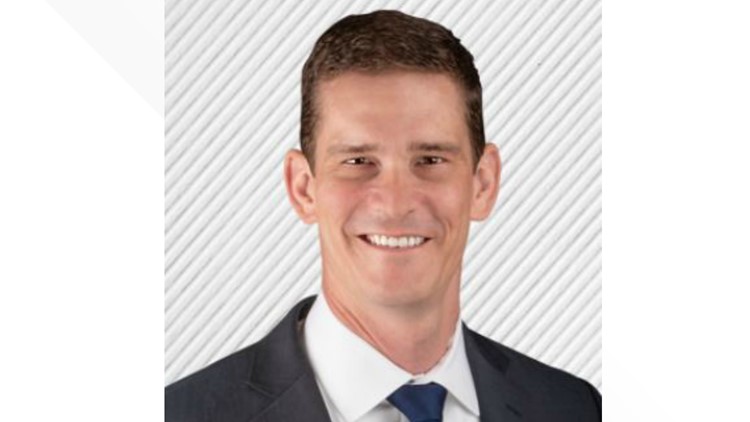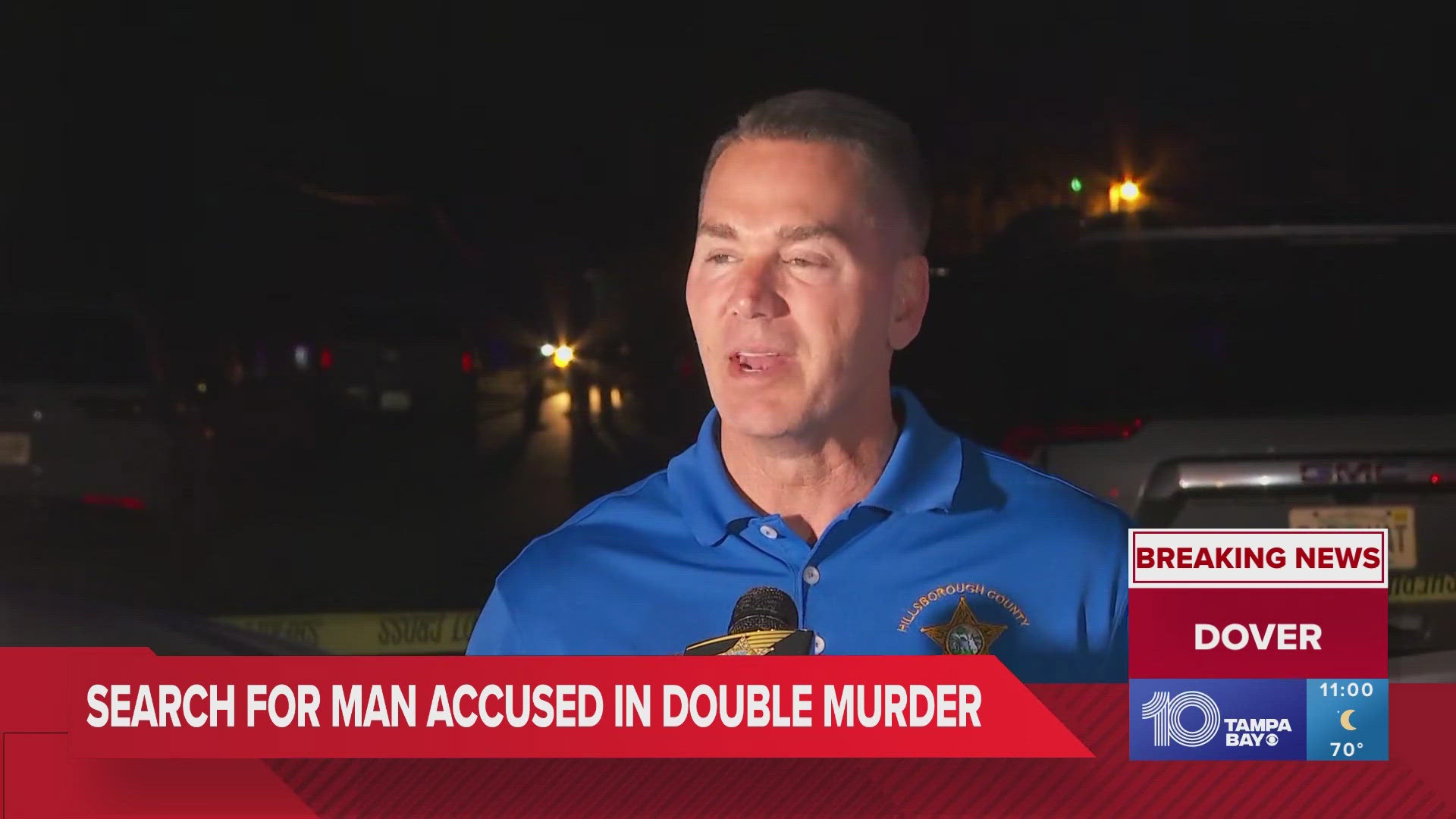TAMPA, Fla. — An investigation into Hillsborough Area Regional Transit Authority CEO Ben Limmer found he spent HART money on personal meals and items, provided a consulting company with inside information, violated travel policy and more.
The investigation began on Nov. 1, 2019, after a whistleblower complaint about Limmer’s behavior.
Limmer has been suspended with pay for more than three months.
HART board members received the 76-page investigative findings on Sunday evening from Carlton Fields, a firm the board chose to conduct the “independent internal investigation” into the whistleblower complaint.
10Investigates got a copy of the report from HART on Tuesday morning through a public records request.
According to the investigative report, the whistleblower accused Limmer of violating HART procurement policies, improper vendor relations, violating travel and purchase card (P-Card) policies and violating hiring and promotion policies.
After a three-month investigation, Carlton Fields found the following violations:
1. Solicitation for management consulting services
2. Retention of the law firm Shumaker, Loop & Kendrick, LLP to document employee terminations without Board approval
3. Providing TransPro Consulting with improper inside information about HART’s procurement needs, not sourcing the solicitation through the procurement department, and failing to comply with the manual’s bid solicitation requirements for engagement more than $25,000
4. Improper use of the P-Card for per diem
5. Improper use of the P-Card for personal meals and failure to reimburse
6. Improper use of the P-Card for personal items
7. Improper charges for sales tax on the P-Card
8. Violation of HART’s Travel Policy
According to the report, multiple employees expressed similar concerns about issues in the whistleblower complaint.
The investigation found some employees who had concerns about Limmer’s behavior “either did not know how to elevate their concerns or feared retaliation if they did so, with employees expressing a lack of confidence in HART’s current ethics reporting system.”
The report said Limmer accused HART’s Director of Procurement of being part of a “conspiracy" and an "organized assassination" by certain individuals to make him "look bad" because he was "significantly changing personnel to be ready for the influx of funds from the transportation tax, and he anticipates making additional changes in the future.”
The investigative report said, “Contrary to Mr. Limmer’s suggestion that HART employees were trying to make him ‘look bad,’ the investigation instead established that employees were working to find a way to satisfy Mr. Limmer’s requests while complying with HART policies.”
The report found TransPro Consulting “received an unfair competitive advantage” because Limmer allowed the company to write the “solicitation language” for a $3 million engagement that the company later bid on.
According to the report, Limmer sent this “sample” template to the director of procurement, saying he wanted a pool of three management consulting firms to use at his “on-call” discretion.
The investigation found he “asked for a budget of $3 million for the engagement, but provided no specific projects or tasks.”
The report said Limmer authorized TransPro to retain Shumaker, Loop & Kendrick, LLP without board approval. According to the report, Limmer wanted to fire the second and third highest-ranking executives at HART, the Chief Financial Officer and Chief Administrative Officer, and “believed that he could not use HART General Counsel, HART’s in-house lawyers, or the employment firms already on retainer with HART because the separations would involve such high-ranking executives within the agency.”
The investigation also found Limmer used his travel and purchase card for per diem meals while traveling, in violation of HART policy. He also received per diem even if meals were already included in conference registration costs.
The report said Limmer violated policy by using his P-Card to buy meals for his child while traveling for business.
Investigators found Limmer directed HART staff to use his P-Card to make “inappropriate” personal purchases, including a Keurig coffee machine and Keurig coffee pods for his office, despite HART having coffee machines in break rooms.
The report also found HART’s director of community and business engagement used Limmer’s P-Card to pay $1,122.84 – without authorization from the board chair -- for Limmer to stay in a Tampa hotel for five nights because he was a speaker at a conference.
The HART Board was originally scheduled to discuss the findings of the investigation during Monday morning’s board meeting but voted to hold a special meeting on Friday instead to allow more time to review the report.
Limmer has been HART’s CEO for less than a year.
HART attorney Carolyn House Stewart has been serving as interim CEO of HART since Limmer’s suspension.
Stewart started working at HART in September 2015 as a temporary litigation counsel and was promoted to director of risk and legal services in 2019, according to HART Director of Communications Carson Chambers.
What other people are reading right now:
- Man rescued from Florida Everglades after 12 days thanks to cellphone data
- 3,700 quarantined on cruise ship in Japan after passenger tests positive for coronavirus
- Shannen Doherty reveals stage 4 breast cancer diagnosis
- FBI joins search for missing Florida baby after triple murder
- Woman calls 911 with her toes after hands get crushed while changing tire
- Trump faces his accusers in State of the Union speech Tuesday
- Iowa caucus results won't be out until later Tuesday after reporting delay



